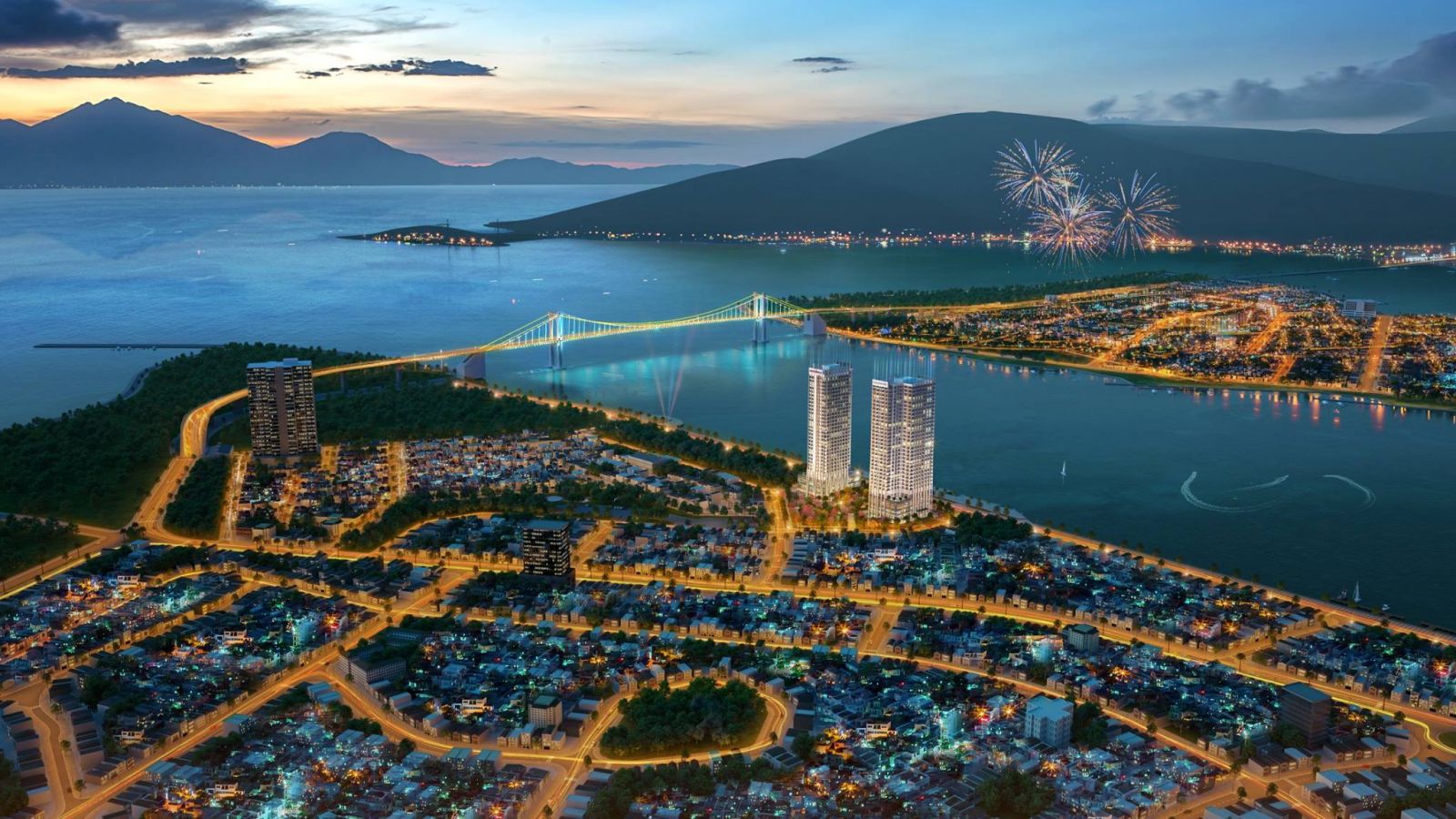
There remains ample demand for condotels in Vietnam’s most scenic tourism hotspots.
In June, 586 Company was the first developer to have ownership revoked for a condotel project in the central city of Danang.
Back in 2008, Danang People’s Committee granted an ownership certificate in the form of the red book for the land area on which 586 Company built its condotels. The land area was granted a certificate for production, business, trade, and service purposes with a guarantee of long-term, stable use.
However, according to a recent investigation by the Government Inspectorate, the issuance of the red book over a decade ago was inappropriate, causing a loss of revenue to the city budget. As the land area was granted a certificate for a narrow set of purposes, it cannot be used for housing.
To solve the issue, Danang authorities decided to re-issue another type of ownership, replacing the long-term certificate granted previously.
According to Le Hoang Chau, chairman of the Ho Chi Minh City Real Estate Association, many cities and provinces had granted long-term certificates in order to attract condotel buyers, a practice not in accordance with current laws.
Chau said that there is no such thing as a red book which allows for a property to be recorded as under long-term ownership, and which is not for residential purposes. “Long-term ownership is actually a freehold certificate granted only to two types of projects. One is for land to build residences and the second is for graveyards,” Chau commented. “As for commercial, service, hotel, and industrial land types, the red book has time limits, usually at 50 years.”
For the real estate industry, the first and foremost concern for investors is how a project complies with current laws. If laws are not clear, buyers are the most vulnerable when they enter into any transaction of real estate, especially in condotels, because they will not be granted a red book or ownership, and are thus unable to transfer the property whenever they want.
Many developers, however, map out a clear vision for their buyers, to show off the transparent legal status of the venture to their buyers, as well as offer as many incentives as they can in order to bring the highest benefits for investors.
One such developer, hotel management brand AccorHotels, is continuing to expand its portfolios in Vietnam after acquiring Swiss brand chain Mövenpick and creating the Mövenpick Hotels & Residences Han River Danang.
For top brands like AccorHotels to truly work in Vietnam, projects are required to comply with the most updated laws.
The Mövenpick Hotels & Residences Han River Danang has achieved full legal status with the ownership of 50 years with the possibility of extension. It also meets all the standards of high-end facilities. Moreover, the developer is offering transparent policies in order to woo buyers. All facilities must be completed and put into operation at the same time and the minimum space of every unit will be from 45 square metres upward, as per article 40 of the Law on Housing 2005.
Regarding the issuance of a red book for apartments, Article 9 of the Law on Housing 2014 stipulates, “The lifespan for ownership of houses subject to lease, sale, or rent for condotel purposes depends on the land lease term of the project.”
Only a project with full legal status and an approved construction permit would have a 50-year duration. Mövenpick by the Han River is one of the few riverside projects that Vietnamese and non-nationals can own that is available on the market.
Danang has long been a place to attract investment for both domestic and international customers due to the dynamic economy and favourable conditions for tourism development.
As a result, facilities such as Mövenpick Hotels & Residences Han River Danang are committing to giving investors full legal transparency.
Furthermore, serious involvement of Danang authorities in dealing with violations in hospitality real estate development is set to help stabilise the market and increase investment efficiency, in an attempt to ensure the city becomes an economic leader next to Hanoi and Ho Chi Minh City in the years to come.


















